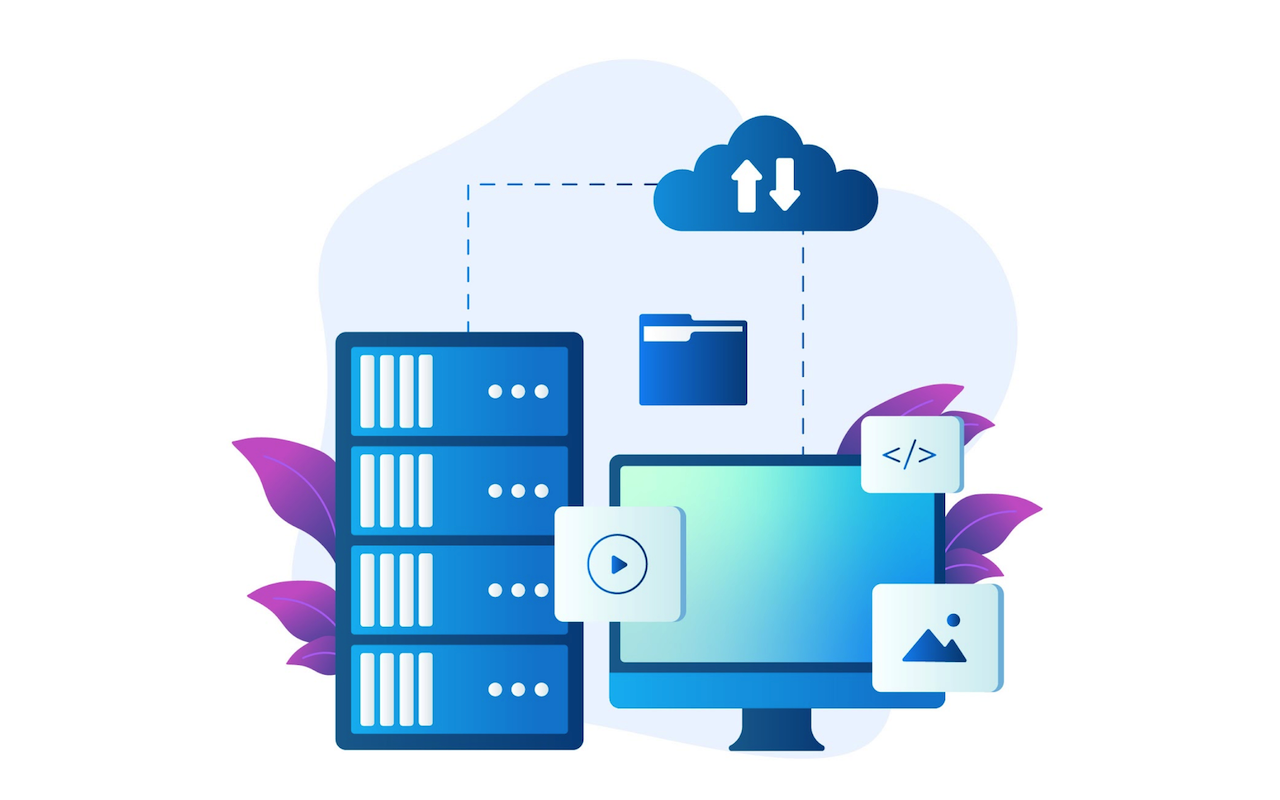
As marketers are overwhelmed with data in today’s fast-paced digital environment, there are countless metrics to track such as email opens, social media sentiment, campaign performance, and customer behaviors, to name a few. The challenge lies in turning all that raw data into actionable insights quickly and effectively. In this context, Model Context Protocol (MCP) servers are transforming how marketing teams operate. By bridging the gap between AI models and business applications, these advanced tools are moving beyond traditional marketing methods. In this article, I’ll explain what MCP servers are, how they work, and how they simplify marketing workflows. Whether you’re a marketer or simply exploring AI, you’ll discover how these servers can help you make smarter, faster decisions without getting buried in data.
Understanding MCP Servers: The Basics
We’ll start with the fundamentals. MCP is an open standard designed to enable communication between AI systems, such as large language models (LLMs), and external tools or data sources. You can think of MCP servers as the middle links in the chain that connect AI with the rest of your tech ecosystem.
Traditional API integrations usually require separate code for each connection, which makes them difficult to maintain. MCP servers, on the other hand, rely on a standardized protocol that allows AI to connect seamlessly to a wide range of applications, databases, and services.
For instance, Anthropic’s Claude and several open-source communities have adopted this protocol, leading to the creation of servers that implement it. Thanks to these developer efforts, automation and real-time information flow have become much smoother, removing many of the technical headaches of linking systems together.
In marketing terms, this means AI can now integrate effortlessly with CRMs, email platforms, analytics dashboards, and ad networks, eliminating silos and allowing for unified, intelligent workflows.
How MCP Servers Streamline Marketing Workflows
MCP servers fundamentally simplify workflows by giving AI real-time access to data and connected systems. In practical terms, this means that instead of manually pulling reports or switching between multiple platforms, the AI can access everything it needs instantly through one unified connection.
Generally, the workflow looks like this:
- Data Access and Integration: An AI model sends a request to pull data from many disparate sources via the MCP server. For example, it may query customer data from a CRM, add advertising performance metrics from Google Ads, and website analytics—all with one request.
- Automation and Action: The server does the heavy lifting and can automate various tasks, e.g., update records, send emails, or reports. The MCP server automation can be executed from natural language prompts, so you do not have to write any code to make the commands.
- Insight Generation: With the data in hand, the AI pulls the information together, analyzes the patterns, and offers some recommended decisions. It's like having a super-smart assistant that not only collects information but also synthesizes it for you.
This type of work saves time, cuts down on manual operations, eliminates errors, and increase speeds for everything from campaign planning to performance evaluations. Now, marketers can focus their time on strategy and creativity instead of getting bogged down in tedious data wrangling and manual reporting.
The Benefits: From Overwhelmed to Empowered
One of the most significant benefits of MCP servers is their ability to turn data overload into actionable insights. Here are some of the key advantages:
- Real-Time Personalization: Consider customizing your offers to align with a customer's current behavior. With MCP servers, AI can link to e-commerce platforms, customer data platforms (CDPs), and automation tools to serve personalized recommendations. This will lead to higher conversion rates and satisfaction because thoughtful and relevant personalization fosters a sense of connectedness in the interaction.
- Proactive vs. Reactive Problem-Solving: With AI, we can spot problems before they're issues, rather than reacting afterward. If an MCP-enabled system were connected to CRMs and IoT devices, it could automatically detect a product flaw and respond instantly, for example, by creating a support ticket or sending a troubleshooting email without human intervention. This pushes marketing engagement from a reactive methodology to a proactive one based on early assessment. An MCP enabled system ensures a better overall customer experience.
- Efficient Reporting and Optimization: There was never an easy way to combine reports from multiple, disconnected data sources, making it difficult for teams to see the full picture in one place. Previously, pulling and analyzing report data could take several hours, slowing down decision-making and campaign optimization. TToday, with MCP servers, data platforms can prompt AI to query unified data from multiple sources, such as Facebook Ads or HubSpot, then analyze trends and even suggest optimizations for budgets or audience targeting.
- Easier for Scalability: Adding more tools to your marketing stack is easy with MCP servers. More integrations can be added without the complexity you'd pay for with SaaS or other marketing tools.
Overall, these benefits mean faster decision-making. Data isn't just collected; it's transformed into insights that drive better campaigns, higher ROI, and happier teams.
Getting Started with MCP Servers
Ready to get started? Remember to think small. You should begin with a pilot project—pick one marketing tool, whether it’s your CRM or ad platform, and set up an MCP server integration. A lot of these integrations are already open-source or offer freemium tiers, available through GitHub repositories (for example, Gmail or Slack integrations).
Work with your developer team (or even go through a no-code option) to get the server set up. This usually just involves adjusting a JSON configuration file or running a simple terminal command to make setup efficient. Once it’s working, begin testing the AI with basic prompts (for example, instructing it to summarize your campaign data). You don’t need to create complex automations right away; this is an iterative process. You can also explore open frameworks that support creating custom AI agents to enhance automation and data analysis as your setup evolves.
Finally, focus on incremental value. Don’t expect a flawless setup at the start. Instead, aim for small, measurable projects that demonstrate value over time and help define your return on investment (ROI).
Wrapping Up: The Future of Marketing with MCP
In summary, MCP servers are bridging the gap between data and decision-making, making marketing workflows smarter, faster, and more efficient. By enabling AI to connect seamlessly with existing tools, teams can personalize experiences, automate repetitive tasks, and uncover insights that would otherwise stay hidden in spreadsheets. As AI continues to advance, protocols like MCP will likely become an essential part of maintaining competitiveness in data-driven marketing.
MCP servers represent a practical step toward more intelligent, integrated marketing systems, helping organizations move from collecting data to using it effectively for better results.
Share this post
Leave a comment
All comments are moderated. Spammy and bot submitted comments are deleted. Please submit the comments that are helpful to others, and we'll approve your comments. A comment that includes outbound link will only be approved if the content is relevant to the topic, and has some value to our readers.



Comments (0)
No comment